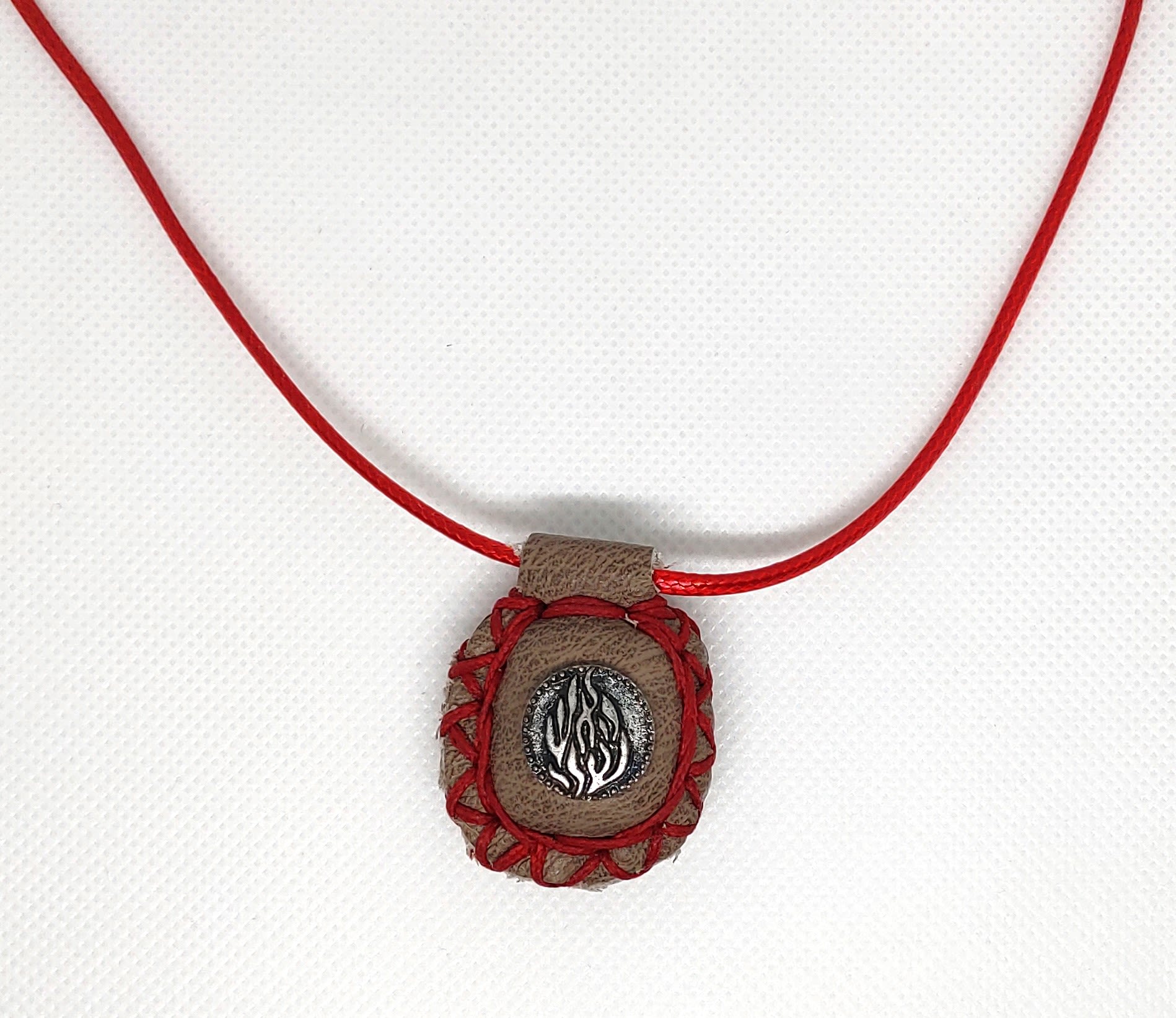
The Grass is Always Greener
When envy holds a man in its destructive grip, he does not even try to accomplish anything positive and only hopes for the downfall of his friend…

When envy holds a man in its destructive grip, he does not even try to accomplish anything positive and only hopes for the downfall of his friend… a large measure of jealousy causes awful destruction in every good portion of a man’s soul…
Jealousy can destroy a man’s soul…
Without spice, food is bland, but with too much spice, food is inedible. In the same way, a spark of jealousy – envy – can motivate us, while too much jealousy can destroy our souls.
When we are jealous, we compare ourselves to others and perceive ourselves as being unsuccessful. As a result, we view other people’s success as our personal failure. Then, we hope for the other’s downfall instead of trying to grow and accomplish.
Jealously causes a person to become bitter. Someone who is jealous spends his entire life comparing himself to the people around him and perceives himself as lacking. Since he is not satisfied with himself, he can never be happy with another person’s success. He is in pain from desiring that which he is missing. This pain only serves to intensify his jealousy.
About this, Rabbi Chaim Ephraim Zeichik writes, “The soul’s traits are convoluted and complicated. There are astounding riddles and hidden secrets of conflicting, wild forces. And all these forces are ingrained and buried in the existence that we call the soul of man. Sometimes there exists within a man contradictory character traits, for example fear of Heaven and faith and trust in G-d on the one hand, and resentment and jealousy on the other.”
Although jealousy is rooted in comparison, comparison, or “envy” can also be used as a barometer of our spiritual status. If, however, we fail to direct our envy towards the constructive goals of spiritual advancement and self-growth, it automatically turns into destructive jealousy, with its goal of elevating ourselves through lowering others.
The difference between Yaakov (Jacob) and Esav (Esau) is a perfect example of the difference between comparisons as a tool for self-growth and jealousy as a tool for destruction.
Yaakov was happy with his portion, and even said, “I have all,” meaning “I am lacking nothing.” His entire life was devoted to Torah study, ethical development and self growth. Although he suffered greatly when the malicious Lavan took advantage of him, he never allowed himself to become bitter or show signs of resentment and jealousy. He tried to emulate his ancestors, and through a healthy comparison, strove to improve his character traits. He succeeded to such an extent that the Torah states, “Give Truth to Yaakov.”
Esav also compared himself to others. His comparison, however, was rooted in destructive jealousy. He tried to imitate his father Yitzchak by marrying at the age of forty. But while his father married the righteous woman Rivkah, he married a wicked and decadent Canaanite woman.
While Esav’s father, Yitzchak, took advantage of the forty-year period before marrying to develop his inner world and elevate his spiritual stature so that his wedding day would be the happiest day of his life, Esav spent the first forty years of his life seducing married women and violating them. Yet, he had the audacity to self-righteously proclaimed, “Father married at the age of forty, and so shall I.”
In addition, Esav was never satisfied with what he had and said: “I have a much” – much, but not everything.
Our Sages point out that if Esav had the potential to become a tzaddik. However, instead of harnessing his trait of envy as a tool for self-growth, he turned it into self- destructive jealousy.
Yaakov and Esav’s parents invested heavily in their sons’ education. But while Yaakov continued working on himself, Esav stopped. From the moment we mature, it is our responsibility to develop our inner world and character traits.
Korach’s rebellion (Numbers Chapters 16-17) was caused by jealousy and desire for honor. But what was Korach lacking? He was extremely wealthy and a high-ranking scholar. Yet he was jealous that Aharon was a Kohen, a priest, while he was a Levi, although this division was decreed by G-d Himself! This jealousy brought him and his followers to their bitter end. In reference to this incident our Sages said, “Jealousy, lust, and the desire for honor take a man out of the world.”
“Man causes himself to lose his world.” Chasing honor and dissatisfaction with what we have causes us to become resentful and envious, which in turn destroys our souls and brings us to harm our fellow man.
Since jealousy is a universal trait, we must learn how to deal with it. Here are a few tips:
A. Study Jewish works on ethics (mussar), especially those focusing on the prohibition of coveting that which belongs to others. It’s best to articulate the words, so that we will hear the ideas in addition to reading them.
B. Remind ourselves, “Who is rich? He who is happy with his lot.” True wealth is a result of being satisfied with our blessings, instead of focusing on what we are lacking.
C. Compliment the object of your jealousy! Look for ways to accord him honor! This is one of the best ways to extinguish the flame of jealousy from our hearts.
D. We are G-d children! Remember that we have intrinsic worth. Once we realize our worth, we won’t need to validate ourselves through lowering others.
D. Have faith! “No one can touch that which is prepared [from Heaven] for his fellow man by even a hair’s breadth.” Remember this when overwhelmed with jealousy!
E. Contemplate the final words of the Silent Benediction: “May it be Your will that no one should be jealous of me and that I should not be jealous of anyone else.” “What is hateful to you, do not do to your fellow man.” Since we certainly don’t want others to wait for our downfall, we should try to control our own jealousy.
It is up to each of us to learn positive means to overcome our jealousy and deal with extreme or negative emotions. In addition, we must find ways to harness the negative aspects of our personality for the positive. Everything depends on how we educate ourselves.












Tell us what you think!
Thank you for your comment!
It will be published after approval by the Editor.